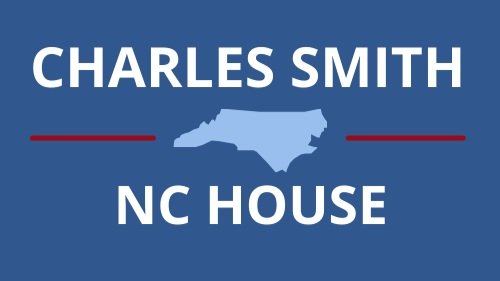Decriminalizing Poverty in North Carolina
In North Carolina, fines and fees are sanctions often imposed on criminal defendants. Fines are charged as punishment for breaking a law. However, fees are intended to create revenue to fund the courts and other government activities. In North Carolina and in other states, fees attach to essentially every step of the criminal justice process.
One of the most common fees in North Carolina is the General Court of Justice fee, which is levied against all criminal defendants that plead guilty or are convicted of any given offense, including traffic infractions. As of December 1, 2021, the General Court of Justice fee is $147.50 for cases in district court and $154.50 for cases in superior court. Depending on the circumstances surrounding a criminal defendant’s case, additional fees may be applicable. For each lab test or expert witness used in their prosecution, criminal defendants are charged $600.00. There are: fees for missing court dates; fees to participate in court-sponsored community service; monthly fees for supervised probation; and daily fees for electronic monitoring systems. Counterintuitively, even if a criminal defendant is represented by a public defender after being declared indigent, they are required to pay an appointment fee and hourly attorney fee for their public defender. Payment of these fees is not optional and is enforced through penalties, including: driver’s license revocation; additional monetary sanctions; and incarceration.
Why are these fines and fees problematic?
Fines and fees in the criminal justice system are accepted as a means to generate revenue for courts and government activities without raising taxes. However, the overwhelming majority of criminal defendants are poor. Court costs have the tendency to disrupt lives that are already hardened by poverty. Therefore, payment of court costs can present a substantial hurdle for many defendants. As a result, court costs accumulate against defendants that are unable to pay what they owe and a perpetual debt-loop emerges. Since a criminal sentence is not complete until court costs are fully paid, a defendant’s continuing legal involvement places them at risk of receiving new penalties, which further compounds debt and adds further hardship to struggling families. Thus, defendants are locked into a cycle of debt and court involvement that they cannot escape.
Proposed steps?
The criminal justice system is not cheap to operate, and the total elimination of fines and fees is likely not economically feasible. However, we have to ensure that criminal defendants, specifically those least able to pay, are not forced to shoulder the burden of funding it.
Prior to assessing any fine or fee, judges should be required to perform an inquiry into the defendant’s ability to pay. In making this inquiry, judges should apply non-arbitrary factors, such as: a defendant’s monthly income and expenses; any recent periods of homelessness; or a defendant’s enrollment in specified services. After inquiry, defendants that are found to be unable to pay should be exempt from court fines and fees. If defendants are deemed able to pay some amount, payment plans should be implemented and tailored to the particular defendant’s discretionary income.
For defendants with limited resources, courts should embrace alternatives to fees and fines, including community service, substance abuse treatment programs, or life-skill training classes that are tailored to a defendant’s needs or circumstance.
Probationary sentences should not be lengthened solely because a defendant has failed to pay all fees or fines. This will allow probation officers to focus on probationers with more significant issues and spare the criminal justice system from unnecessary continued monitoring of defendants that do not pose a threat to society.
